Last Updated on July 28, 2021

The
Arrow interviews Anthony C. Ferrante
Writer/Director Anthony
C. Ferrante has been in the genre game for a while now, having
written for Fangoria and Cinescape while also having acted as
Special Make-Up FX
Supervisor and Second Unit Director
on a variety of horror projects. His feature length directorial
debut
BOO
will soon be upon us
(It hits the DVD shelves
on October 25Th 2005),
coming just in time for Halloween. Mr. Ferrante stepped into the
arena with yours truly and here’s how the battle was fought!
What’s your
favorite horror movie?
I’ve always loved
Halloween, but I think John Carpenter’s The Thing has taken over that slot for
me. It’s very hard to make a suspenseful horror movie where a bunch of guys are
in danger. You just figure they’d gang up on whoever it was and beat the crap
out of them. But Carpenter made a horror film with that kind of concept work
exceptionally. That and the effects – aside from the two minutes or so of stop
motion work – hold up better than most visual effects you see today.
You’ve been multitasking for a while now. From working at Fango to being an
editor at Cinescape, to doing makeup effects in films, producing and now
writing/directing your first feature. Did you ever feel that you had to pick
“one” trade to succeed as opposed to working them all at the same time?
Unfortunately, in order
to make a living, you some times have to multi-task and do many jobs. When I
first moved to L.A., I think I was writing for eight or nine magazines and
newspapers at the same time. I added up how many articles I wrote one month and
I think it exceeded 40 – but at least I was able to pay the bills that month. At
the end of the day though, every job I have had has always been about learning
everything I can about what I love the most, which is making movies.
In some ways, being a
journalist has been an unofficial film school. Where else can I go out to movie
sets and watch directors I admire do their job or get to interview them about
their craft. And doing make-up effects really taught me how to work within very
tight budgets to make something look more expensive than it actually was.
On to
BOO, what was the initial spark that inspired you to come up with the storyline
and write the screenplay?
It takes me awhile to
feel ready to write a script. I have notepads filled with ideas, story strands,
characters and dialogue, some of them more fully formed than others. Prior to
Boo, I was writing a comedy script and a film noir action script, and knew I
wanted to get back to horror. I had two supernatural ghost story scripts
floating around in my head and I wrote the first few pages of each. Boo won out
at the end of the day because it was the most budget-conscious of the two. I
knew if someone was going to fund my first feature, it had to be something that
could be done for a price and not a $40 million dollar epic which the other
script was.
Both scripts were also a
response to the Scream mentality that was going on at the time which were these
self-referential slasher/horror movies starring WB actors. I wanted to see a
really old-fashioned, scary horror movie that got under your skin and so I wrote
a script that used every trick in the book I could think of. I had also shot at
the hospital where we ended up filming Boo for another film – Progeny – and the
story really came to life during the shooting of that movie. The underground
tunnel, the third floor and the wheelchair were all things that came out of
exploring the hospital and realizing what a truly creepy and terrifying place it
was. I also liked the notion of people realizing that at any moment, they could
be a ghost and not realize it. It’s sort of The Thing with a little Invasion of
the Body Snatchers.
How
arduous was the development process on the film and what was the toughest
challenge to overcome to enter pre-production?
Once Kismet wanted to do
the movie, there was very little development. Prior to Kismet signing on, I
think I was already up to Draft 10 or 11 on the script over a five or six year
period. Most of the revisions prior to Kismet were streamlining the story,
taking out expensive set pieces and making the movie scarier. When we knew we
were heading into pre-production, the same process continued. I knew the
parameters that we had (shooting schedule, budget) and I had to streamline the
script even more to make some of the complicated things more manageable. I think
we lost a sequence at a supermarket that introduced the Freddy and Marie
characters.
Most of that was
consolidated into a shorter scene at the house. I also stripped tons of
superfluous dialogue out of the script. The ending had the biggest tweaks
because it originally ended in the hospital being quasi-destroyed and on fire –
things that we really couldn’t do with our budget. So I went a little art-house
with the ending, and in post-production we hired a really great visual effects
artist – Michael Shelton – who was able to give us a little bit more bang to the
ending that we would not have got if we didn’t have him on board.
You
had a competent cast on your hands; how would you describe the casting of the
picture? Hell on wheels or smooth surfing?
We really lucked out,
because we found some great people who we knew the moment they walked in that
they were it. Jessie was the hardest role to cast. Trish Coren who got the part
originally came in to read for Meg, and I had her go out and reread for Jessie
and she really was our frontrunner from that point on. The same thing happened
with Rachel Melvin who played Meg. She came in to read for Jessie, but she was a
perfect Meg. So casting was a quick two or three week process.
I had my top choices and
our producer David Allen got all the tapes and came back with his top choices
and it was really weird, but we were in agreement on everyone. That never
happens in this town where the producer and director are on the exact same page.
We were really fortunate with our actors as well. For some of them, this was
their first film and you wouldn’t even know it – they really did a phenomenal
job and I had a blast working with them.
Being that you are a
horror fan, how much of a trip was it to direct Miss Dee Wallace Stone?
The first day she was
there, it really hit me that all my favorite directors had directed her at one
point – Steven Spielberg, Joe Dante, Peter Jackson – and here’s this nobody
first-timer getting a chance to work with her. But she was great, and she really
blessed the production by being in it.

You
shot the film in an old hospital. Did you experience any real spooky occurrences
while you were there?
Some people claim things
happened, but nothing supernatural, in the obvious sense, happened when I was
around or alone in the hospital. And if it did, I probably wouldn’t have even
noticed it since I was so focused on what we had to do with Boo. A ghost could
have been standing there going “look at me, look at me,” and I would have
probably thought, “hey, if you’re not busy, any chance you can give the art
department a hand?”
What
would you say was the rougher obstacle you had to surmount while shooting the
picture?
Even though we were
shooting in one location, most of the scenes in the movie are literally 1/8th
pages. There were so many different types of set-ups and strange dream-like
interludes, that there was ton of stuff we had to shoot and very little time to
shoot it in. There was also a specific kind of connectiveness in terms of
geography about the hospital that I wanted to convey to an audience and a
connectivness in terms of the way scenes flowed into other scenes. You have to
really keep the whole movie very clear in your head to make that stuff come off
properly and work … especially when things are shot out of sequence.
I have to say though,
aside from one gag which we edited together differently than what I was thinking
when we shot it – and it ended up even better when we reworked it in editing –
all the connective things really came together and cut seamlessly into the
movie. So the obstacle was being overly ambitious, but in being overly
ambitious, I think we ended up with a much cooler horror movie.
Did
you have to make any compromises during the shoot due to lack of either time or
money?
In some cases, you don’t
get the coverage you need because of time. There are some clever “master shots”
without close-ups that I think worked pretty well, and others that I cringe at.
There are some close-ups of certain things I would have liked. And I think there
are a few moments during the climax where additional coverage could have made it
more suspenseful. I also wish we could have had a stuntman on fire in the
basement at the end. Because of safety issues – i.e., if we set someone on fire
in the basement, the whole hospital would have really burned down – we had to
rework our plans. But when you consider what our budget was, and what we pulled
off with it, I’m very proud of the end result.
Looking back at the
shoot, if you could change one thing, what would it be?
There are things as a
director that you will always want to change. George Lucas can’t leave his films
alone either, but BOO would not be the movie it is without what it took to make
it. If anything, I would have liked to have more time in the editing room. My
editor Chris Conlee did an amazing job and only after we started screening it
for audiences after the final sound mix was locked, did we really start going,
“hey, if we trimmed 10 frames there, that scene would be so much tighter.”
Where
is BOO now in terms distribution? Any territories locked? When/where can we
expect it to hit North America?
BOO comes out October 25
on DVD from Ventura Distributors. We also will be screening at Screamfest in Los
Angeles at Universal City Walk on October 17 at 7:30 and I believe we’re at the
International Horror Festival in Phoenix, AZ on October 22. The past week we had
two showings in Northern California where I’m from and those went really well.
We have a 35mm print with Dolby Digital, so it’s great getting the movie out to
the die-hard horror crowd so they can see the movie the way it was meant to be
seen before it exists exclusively in the DVD realm.
What’s next on your
plate work wise? What will you tackle next?
I’m attached to a couple
of projects right now. Both are in the horror genre. There’s also a film noir
thriller someone is talking to me about that would be really nice to do if that
came together. I just want to be able to tell interesting stories whether
they’re horror movies, comedies, action or drama. I love horror, so I’ll always
be drawn to that genre, but I definitely would step outside of horror on
occasion if there was a great story to tell.
Any
chance of BOO Part 2 to ever surface? Would you be interested in re-visiting the
material if it came down to it?
David has said he really
wants to do a sequel, but there’s nothing official happening yet. I have a few
ideas that I think would be cool, but we would really have to find another hook
to make it interesting. If it was about “more kids go into the abandoned
hospital and find ghosts,” I don’t know what I could do with that. I already
told that story. But if we go in the direction that we’ve been discussing it
could be a really great second movie, while still keeping what makes this first
movie so moody and atmospheric intact.
What was the first
beverage that you consumed at the Wrap Party?
Ice water, then it got
real dangerous when I asked for a Coke with a lime.

I’d
like to thank Anthony for checking into the site and giving us the
boo’s up on BOO! Now I didn’t care for the film much (Although I
will give it another watch, since my first watch wasn’t ideal) but
on
October 25Th you make up your mind on it!
READ ARROW’S REVIEW OF BOO HERE


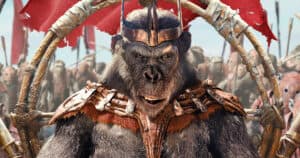


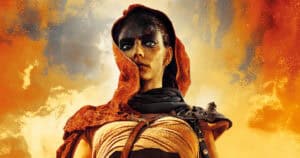
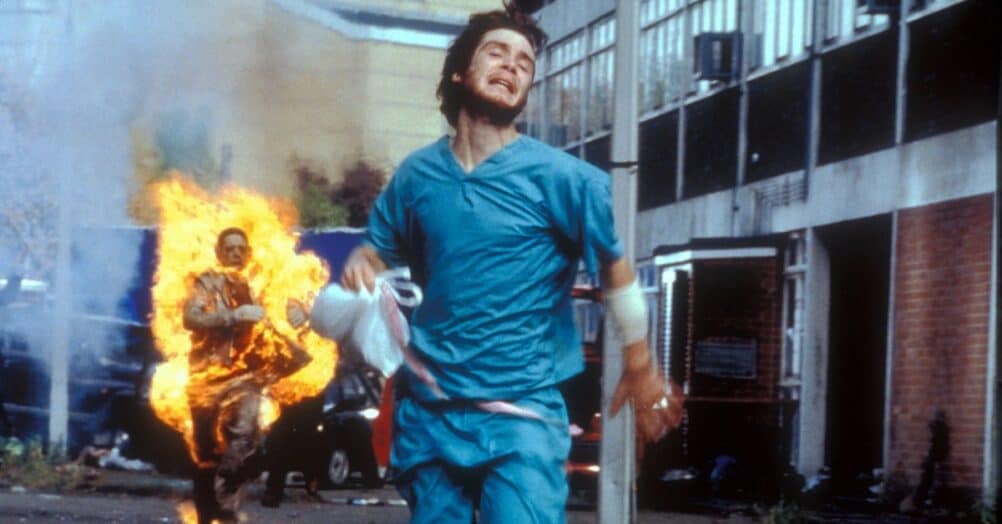
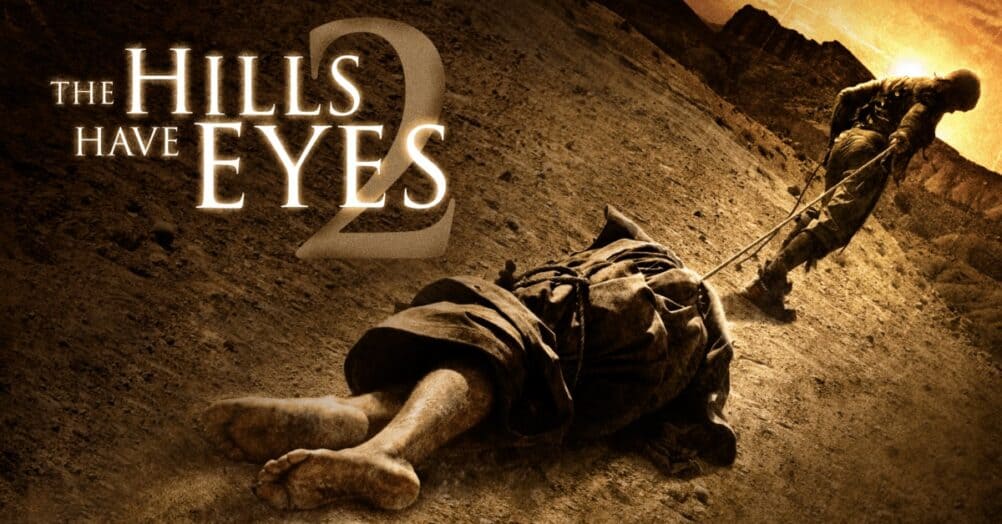
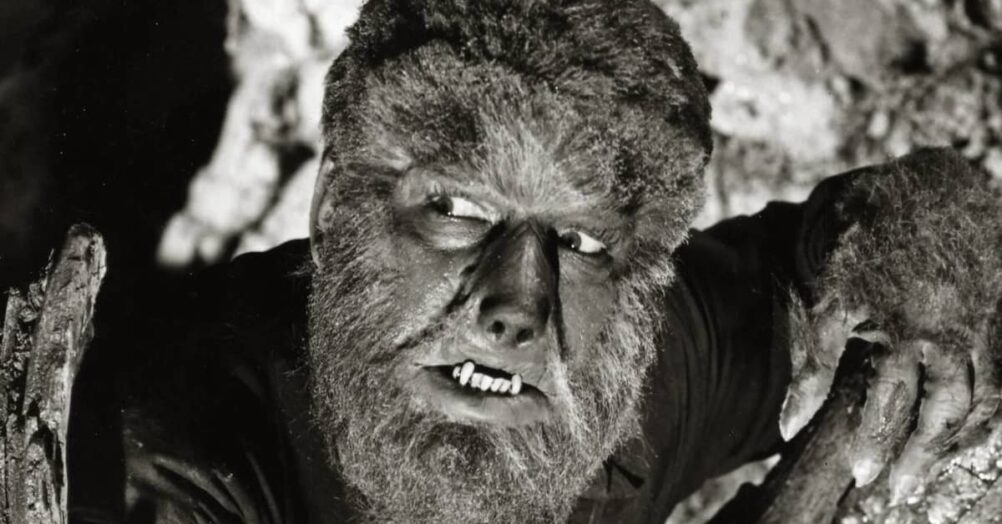
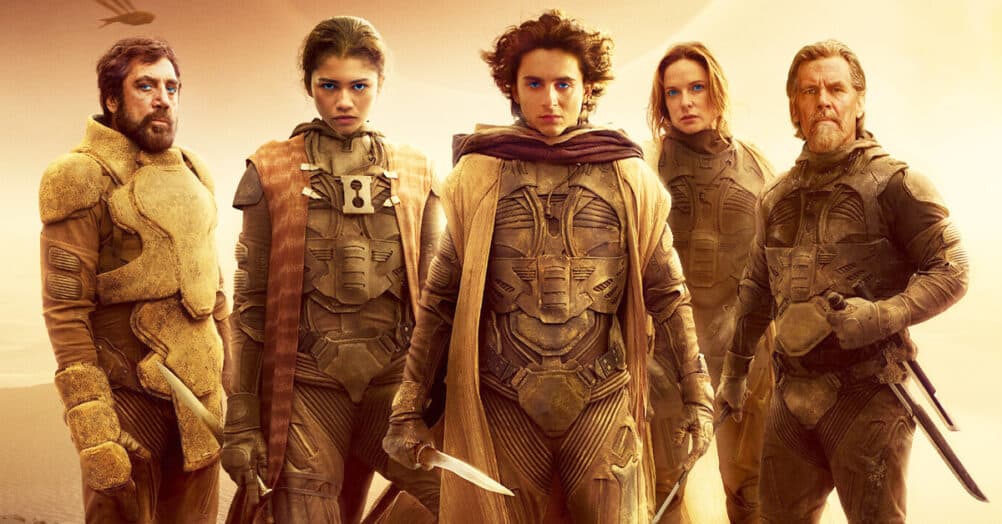
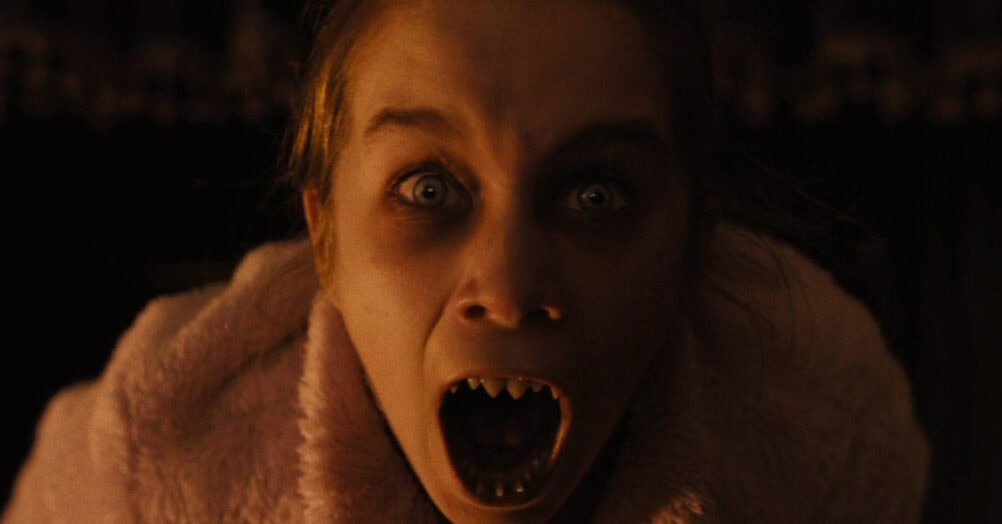
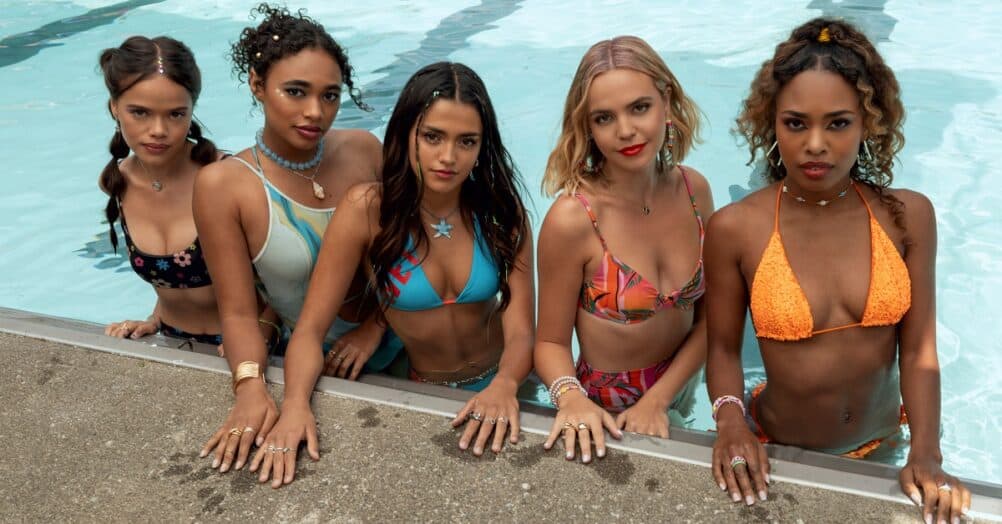
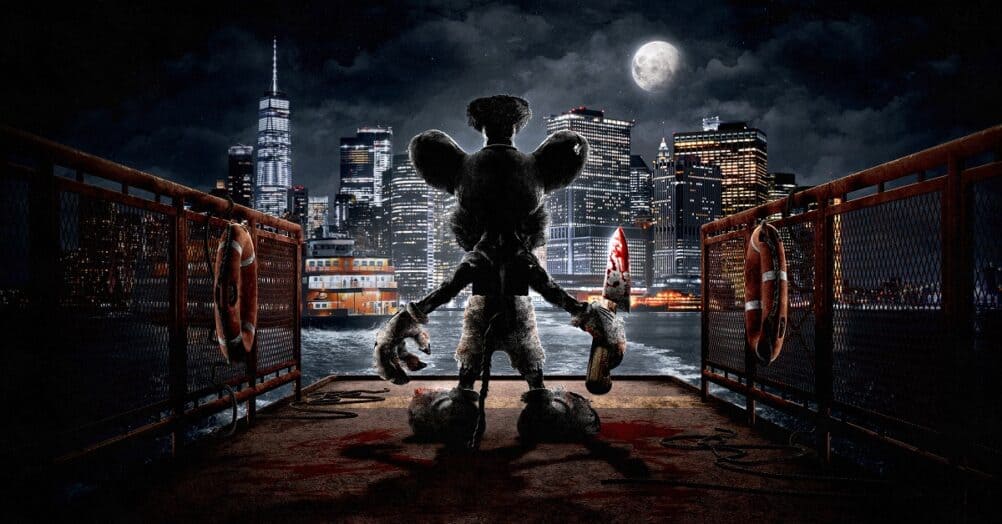
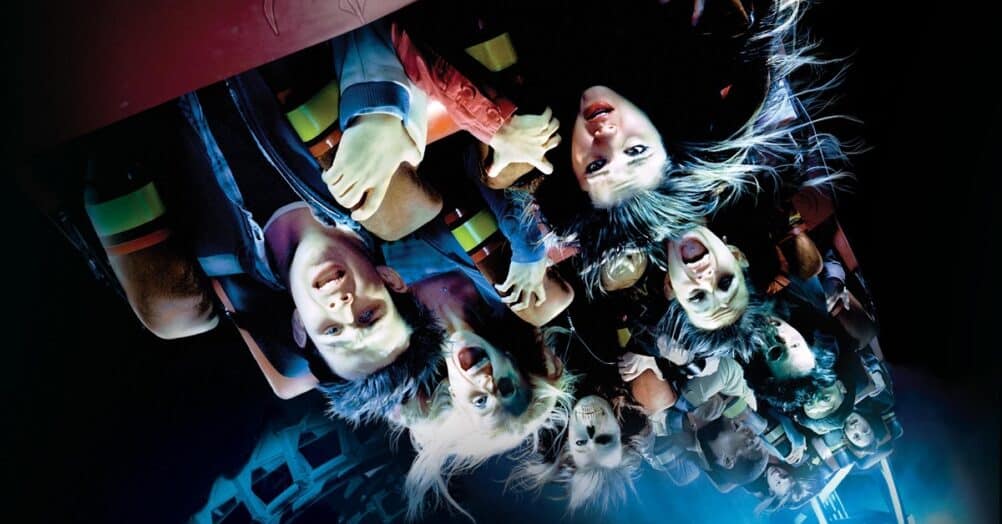
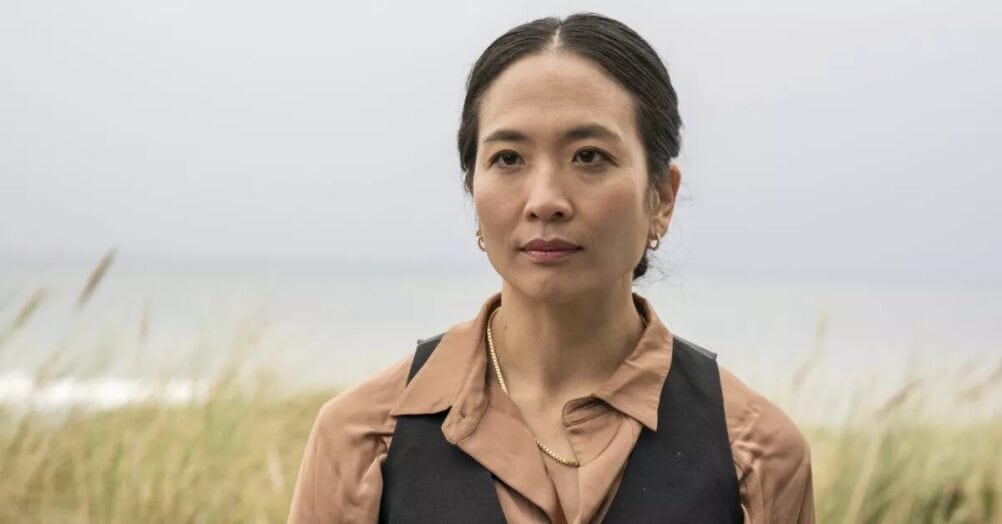
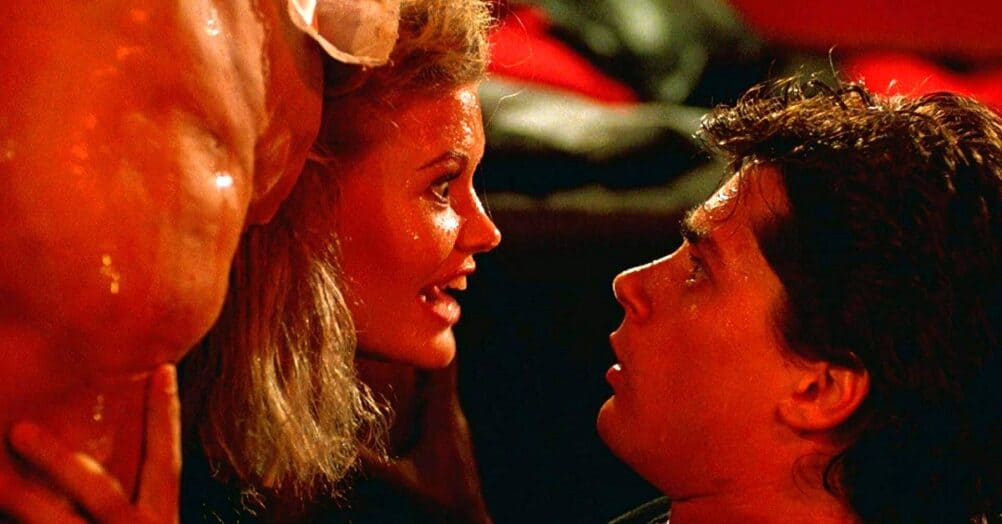
Follow the JOBLO MOVIE NETWORK
Follow us on YOUTUBE
Follow ARROW IN THE HEAD
Follow AITH on YOUTUBE